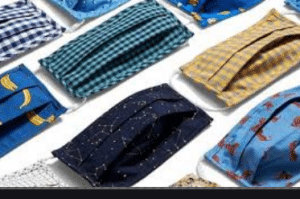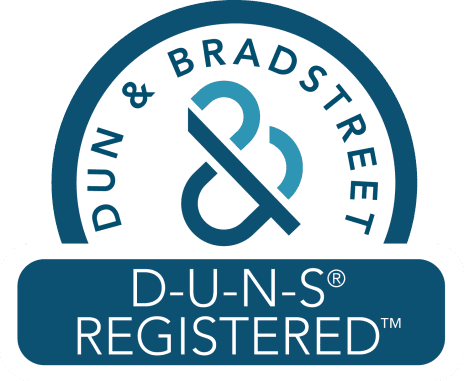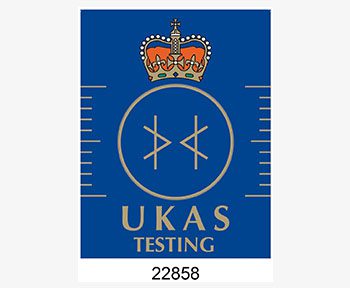
Different types of PPE covers
Are you struggling to make a DIY cover? Do not worry. After all, you can make it with items within your home. Know how to make your mask from a hat or T-shirt or by stitching these simple measures at home. Many people buy face coverings digitally and in shops as vendors meet the demand.
Types to Wear during Outbreaks
- Cotton is typically built to suit the hair, whether plastered or moulded and lightweight. Search for cotton covers with a built-in filter or pocket, where you can attach a filter to ensure you are as safe as possible. They are even flexible enough to render delicate skin relaxed.
- Linen – Since linen is not convenient for germs to grow, some companies choose it for its inherent antibacterial properties.
- Synthetic fabric – Doctors that conduct a PCR test may use many masks manufactured with synthetic blends, such as polypropylene (the same cloth used in covers), with cotton covering to keep them smooth against the skin. Are you using your face covers for lengthy periods? Then stick to this rule.
- Tie – Most are constructed of chains, not rubber bands. It ensures it’s simpler to lock the cover to the neck form and ensure they’re fitted correctly to prevent scratching your skin. They are crafted from cotton padding to protect the skin from itching and links to hold it tightly fastened.
- Elasticated ear loops have stretchy ear loops that fit snugly between the ears, although it is impossible to modify most elastic loops.
- Filters– Other masks incorporate filters or filter bags to cover and detach during usage. Filters are also usable. If your facial cover is reusable, before you place this in the washing machine, you have to cut the plug.
- Nose wires. Most have an integral metal or plastic tube over the nose bridge. This is built to fit snugly and restrict the volume when you wear it.
- Translucent– clear facial covers of sheer vinyl panels allow us to interpret their eyes.
Conclusion
Know how to transform a hat, T-shirt, or sweater into your school cover. Types of surfaces involve acrylic, bright caps, silk, cotton, and plastic. Some shelters also integrated filters or a filter pocket to remove after use. Moreover, you may order face covers digitally and in pre-made shops as retailers adapt to rising demand. The easiest way to create a PPE is to start with a sock and a T-shirt. Visit the online shop of the Regional Masking Supplies Co-ordinator for more DIY face coverings. The National Masking Co-op is a licensed charity in the UK that gives affordable, on-the-spot, discreet, realistic guidance about how to use these.









